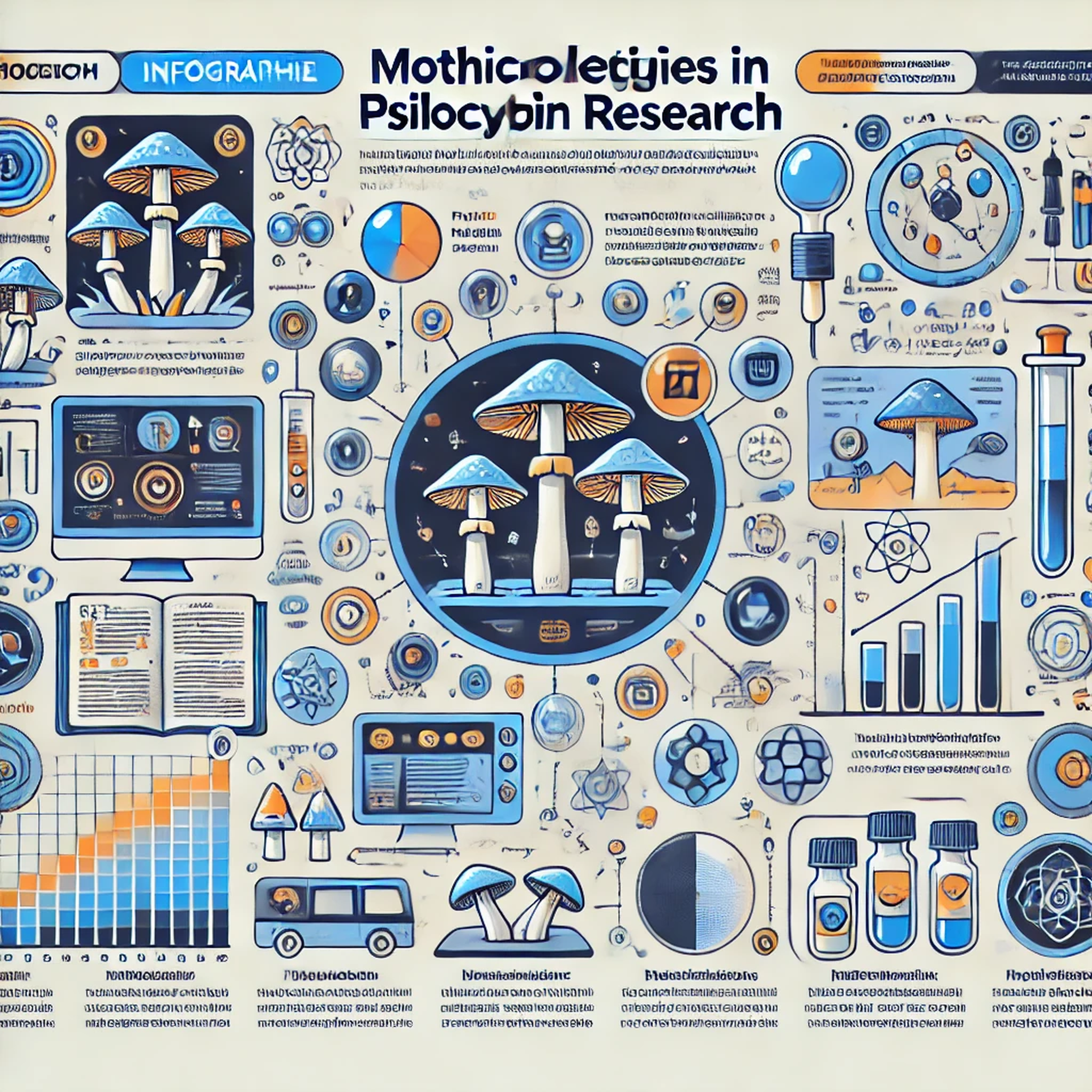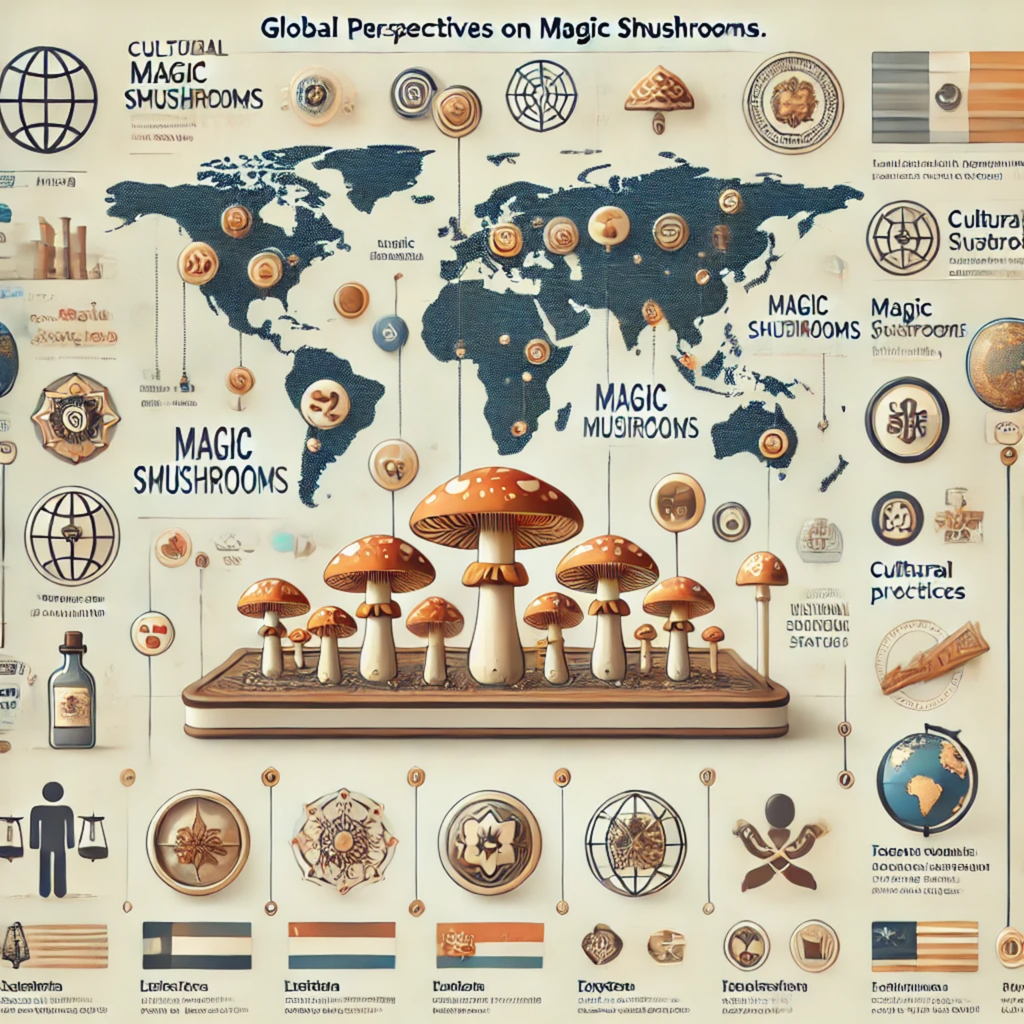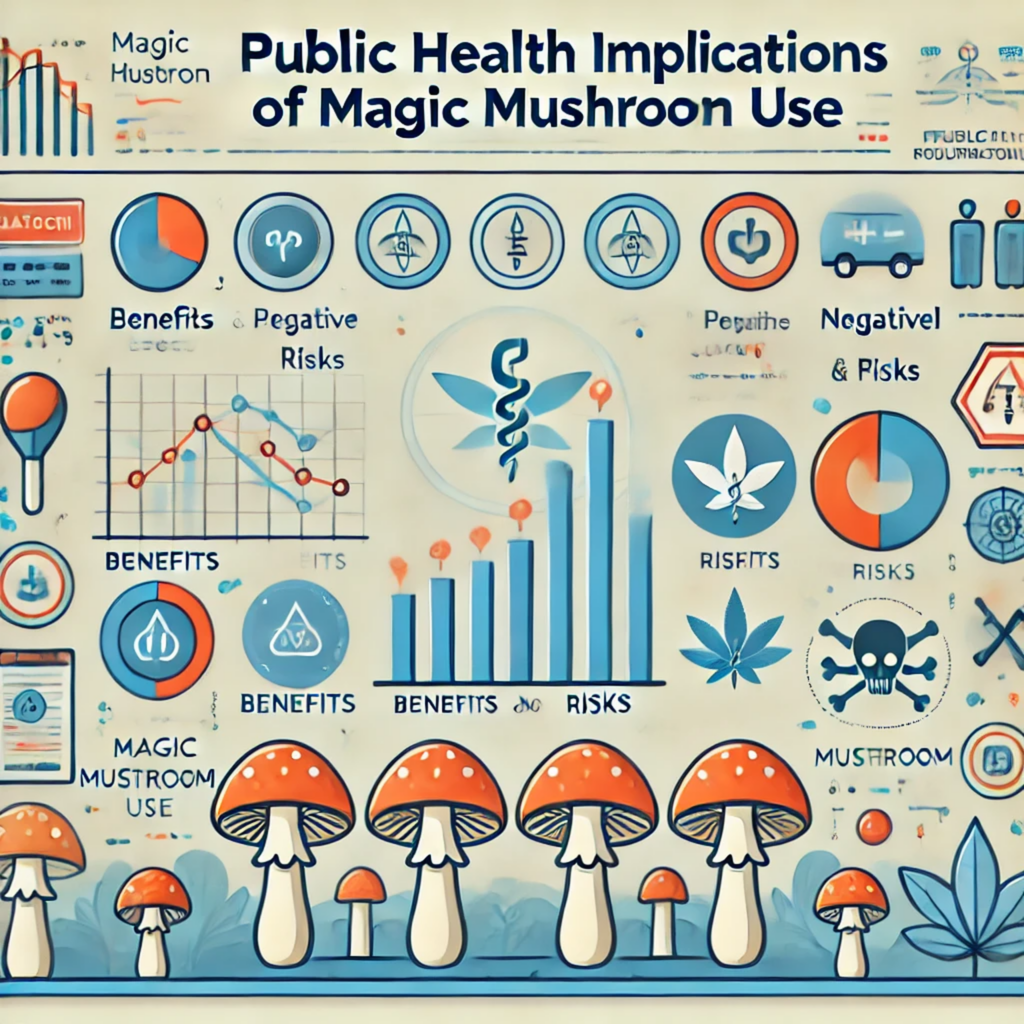Methodologies in Psilocybin Research
Published: August 14, 2024

Methodologies in Psilocybin Research
Introduction
Research on psilocybin, the active compound in magic mushrooms, has employed various methodologies to understand its therapeutic potential. This blog explores the methodologies used in psilocybin research, highlighting the protocols, clinical trials, and techniques that are advancing the field.
Clinical Trials
Clinical trials are a cornerstone of psilocybin research. These trials typically follow a randomized, double-blind, placebo-controlled design to ensure rigorous evaluation of psilocybin’s effects. Participants are randomly assigned to receive either psilocybin or a placebo, and neither the participants nor the researchers know who receives which treatment until the study is completed.
Psilocybin Therapy Protocols
Psilocybin therapy protocols are carefully designed to optimize safety and efficacy. These protocols usually involve three main stages:
- Preparation: Participants undergo thorough screening and preparation sessions with therapists to set intentions and address any concerns.
- Administration: During the therapy session, participants consume a controlled dose of psilocybin in a supportive environment, often with music and other therapeutic elements.
- Integration: After the session, participants engage in integration sessions to process their experiences and apply insights to their daily lives.
Neuroimaging Techniques
Neuroimaging techniques such as functional MRI (fMRI) and PET scans are used to study the effects of psilocybin on the brain. These techniques allow researchers to observe changes in brain activity and connectivity, providing insights into how psilocybin influences neural processes. Neuroimaging studies have shown that psilocybin reduces activity in the default mode network (DMN) and increases connectivity between different brain regions.
Psychometric Assessments
Psychometric assessments are used to measure the psychological effects of psilocybin. Participants complete standardized questionnaires and interviews to assess changes in mood, anxiety, depression, and other mental health indicators. These assessments help quantify the therapeutic impact of psilocybin and identify factors that influence treatment outcomes.
Pharmacokinetic Studies
Pharmacokinetic studies examine how psilocybin is absorbed, distributed, metabolized, and excreted in the body. These studies help determine the optimal dosages and administration methods for psilocybin therapy. Understanding the pharmacokinetics of psilocybin is crucial for developing safe and effective treatment protocols.
Comparative Studies
Comparative studies investigate how psilocybin therapy compares to other treatments, such as traditional antidepressants or psychotherapy. These studies aim to identify the advantages and limitations of psilocybin therapy and explore potential synergies between different therapeutic approaches. Comparative research helps place psilocybin therapy within the broader context of mental health treatment.
Longitudinal Studies
Longitudinal studies track participants over extended periods to assess the long-term effects and sustainability of psilocybin therapy. These studies are essential for understanding how psilocybin impacts mental health over time and identifying any potential long-term risks or benefits. Longitudinal research provides valuable insights into the durability of psilocybin’s therapeutic effects.
Ethical Considerations
Ethical considerations are paramount in psilocybin research. Researchers must ensure informed consent, protect participant confidentiality, and provide appropriate support throughout the study. Ethical guidelines help safeguard participant well-being and maintain the integrity of the research.
Conclusion
Methodologies in psilocybin research are diverse and multifaceted, encompassing clinical trials, neuroimaging, psychometric assessments, and more. These methodologies are advancing our understanding of psilocybin’s therapeutic potential and paving the way for new mental health treatments. As research continues to evolve, the methodologies used in psilocybin research will play a crucial role in unlocking the full benefits of this powerful compound.
About 6 Mushrooms
Welcome to 6 Mushrooms! We are a passionate group dedicated to exploring and sharing the wonders of mushrooms with the world. Whether you are a mycology enthusiast, a culinary explorer, or simply curious about the benefits and beauty of fungi, you have come to the right place.
Our mission is to educate and inspire through engaging content, innovative projects, and a supportive community. Join us on our journey as we delve into the fascinating world of mushrooms, uncovering their secrets, their uses, and their potential to transform our lives and our planet.
Looking for a mushrooms dispensary near you? At 6 Mushrooms, we offer a variety of magic mushrooms and other mushroom products. Visit our mushroom store near you to discover a wide range of fungi-related items.
Phone: (647) 209-6785
Address: 644 Queen St, West, Toronto
Email: info@6mushrooms.ca




